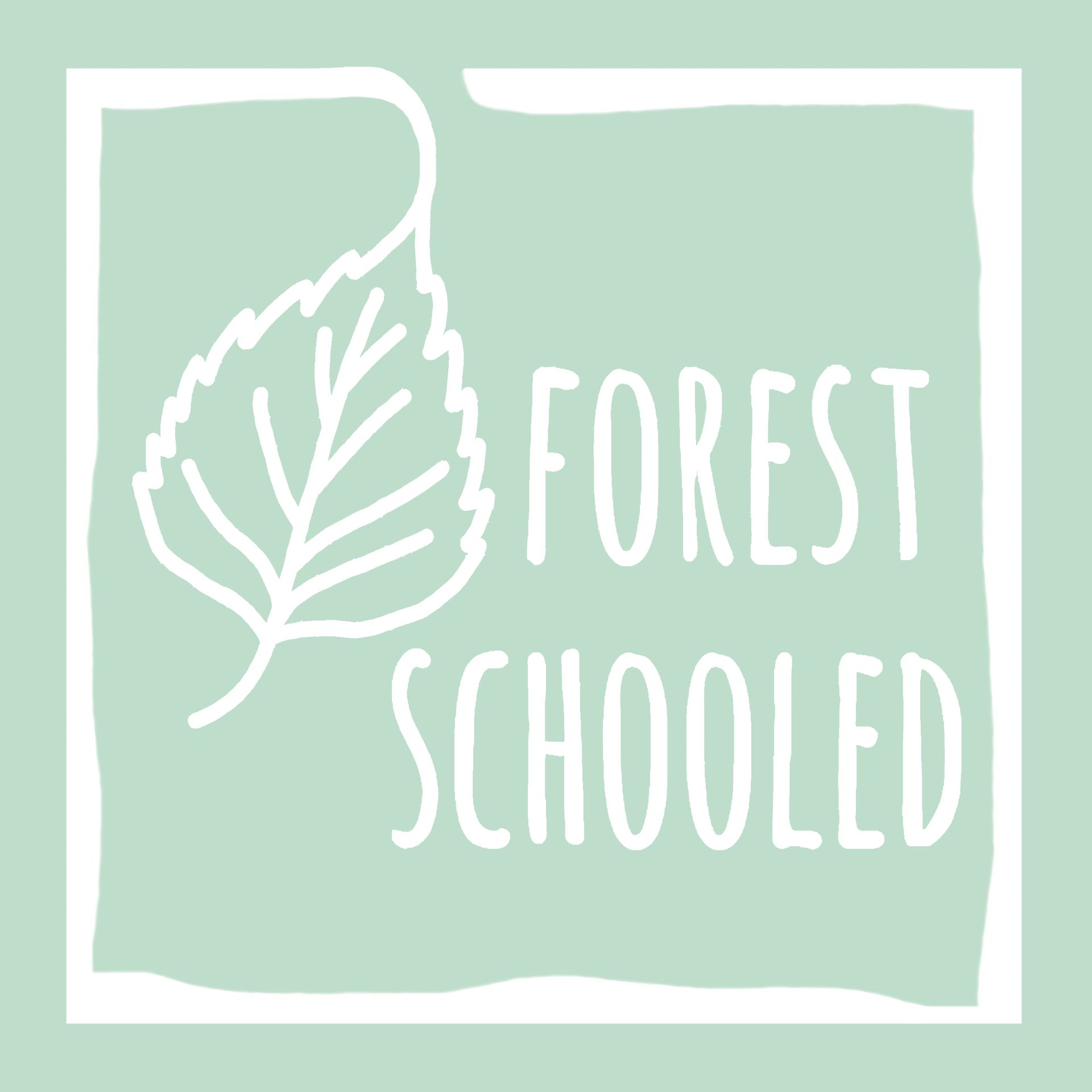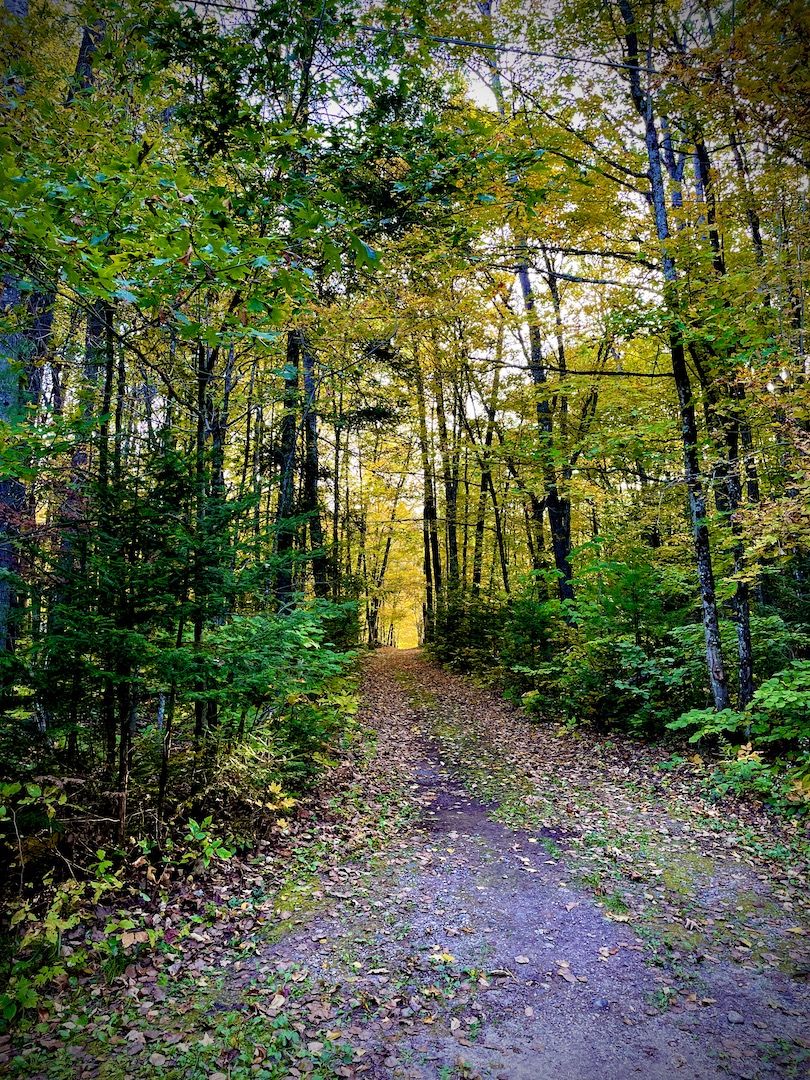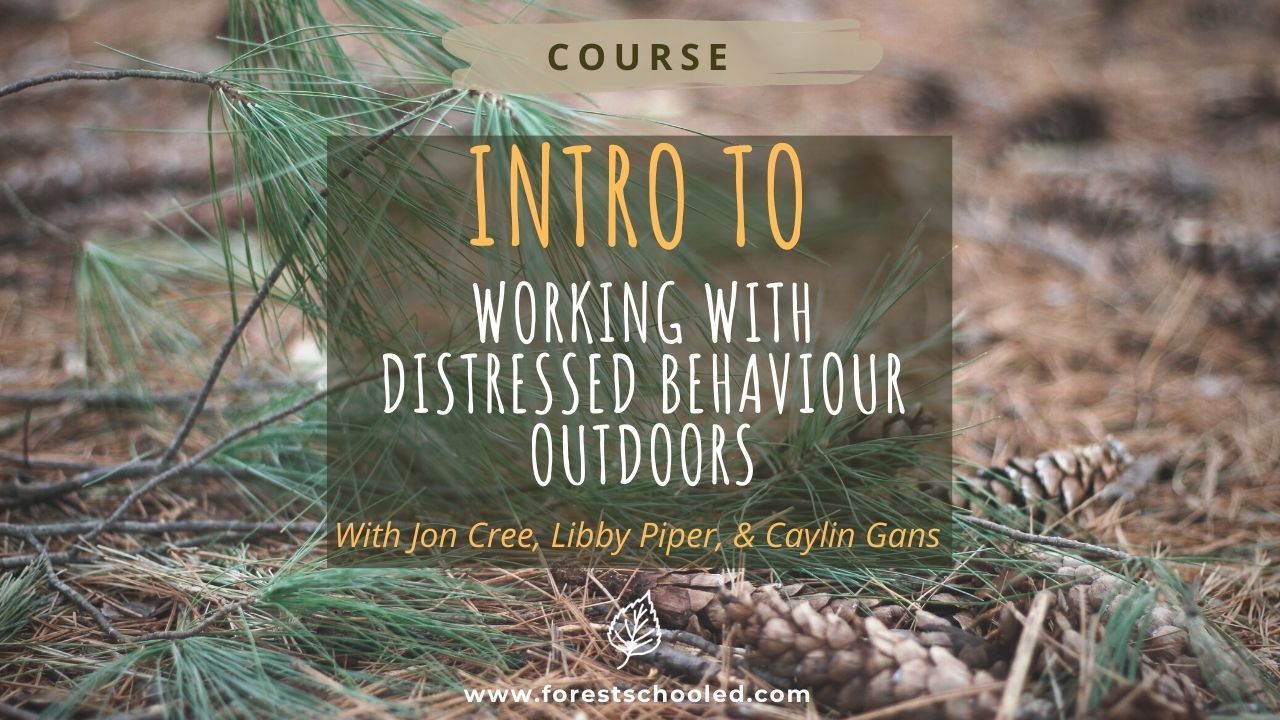
Blog
Un-managing Behaviour: Co-regulation and the Natural World

This morning I witnessed something both simple and profound. A young boy turned over a log and found a worm. Now that doesn't sound all that profound, you might say. But there is much more to this story of course...
Moments before the worm was unearthed from its muddy home, the boy (just shy of 3 years old) had been lying on the ground with his face buried in his hands in utter despair. Usually happy most of the time, he was finding this particularly morning of goodbyes with his parents difficult. He'd told me this before face planting, and was even able to express that he was uncomfortable feeling this sadness. "I want to be happy. But I'm not happy," he sulked.
In that moment I became very aware of my own discomfort with his sadness. Oh how I just wanted to see him happy too! Briefly, the following thoughts raced through my head... what could I do or say to make him feel better? Should I offer a distraction, show him something fun he could play with? Should I try to make him laugh?
I was able to quiet those thoughts much more quickly than I used to.
I know now that to support this child, my response should not be determined by a desire to avoid my own discomfort. Nor is it my role to interrupt his emotional process and release. So all I did was say with heartfelt empathy, "I know, it's so hard to be away from the ones we love." I sat down next to him and said, "I'm here with you."
We stayed there together on the ground for quite a while. Several times I felt an urge to do something more, but I resisted, waited, and merely offered a comforting presence. Soon he sat up and moved gently onto my lap. I continued to stay quiet. Then he began picking at the bark on a log next to us. Then he rolled the log over. And found a worm.
The rest of the day was filled with active, engaged play and learning.
This scenario is simple, yet profound in how well it demonstrates what we teach in the course Intro to working WITH distressed behaviour in the outdoors. A core part of the course is learning about the nervous system, co-regulation, and how the natural world helps us self-regulate.
Stephen Porges (2017), whose Polyvagal Theory is referenced in the course, shares a statement I come back to over and over again in his book The Pocket Guide to the Polyvagal Theory: The Transformative Power of Feeling Safe,
"Only when we are in a calm physiological state can we convey cues of safety to another" (p. 50).

He goes on to write, "Perhaps most important, the theory explains how safety is not the removal of threat and that feeling safe is dependent on unique cues in the environment and in our relationships that have an active inhibition on defense circuits and promote health and feelings of love and trust" (p. 43).
The content of this course, which I first took a version of myself back in 2015 with Jon Cree, consistently informs my practice in powerful ways. And I hear the same from others who've taken it too. I'm honoured to now partner with Jon to offer the course in an online format with additions from practitioner and neuroscience expert, Libby Piper.
We only run the course once or twice a year and the next one will open for enrollment on October 8th 2023. If you'd like to join us please follow this link for more info and to pre-register.
And it was filled up with fullness that had been there all along
Till it was filled up with fullness that had been there all along
References:
Chapter 1 from Porges SW (2017). The Pocket Guide to the Polyvagal Theory: The Transformative Power of Feeling Safe. New York: WW Norton.
